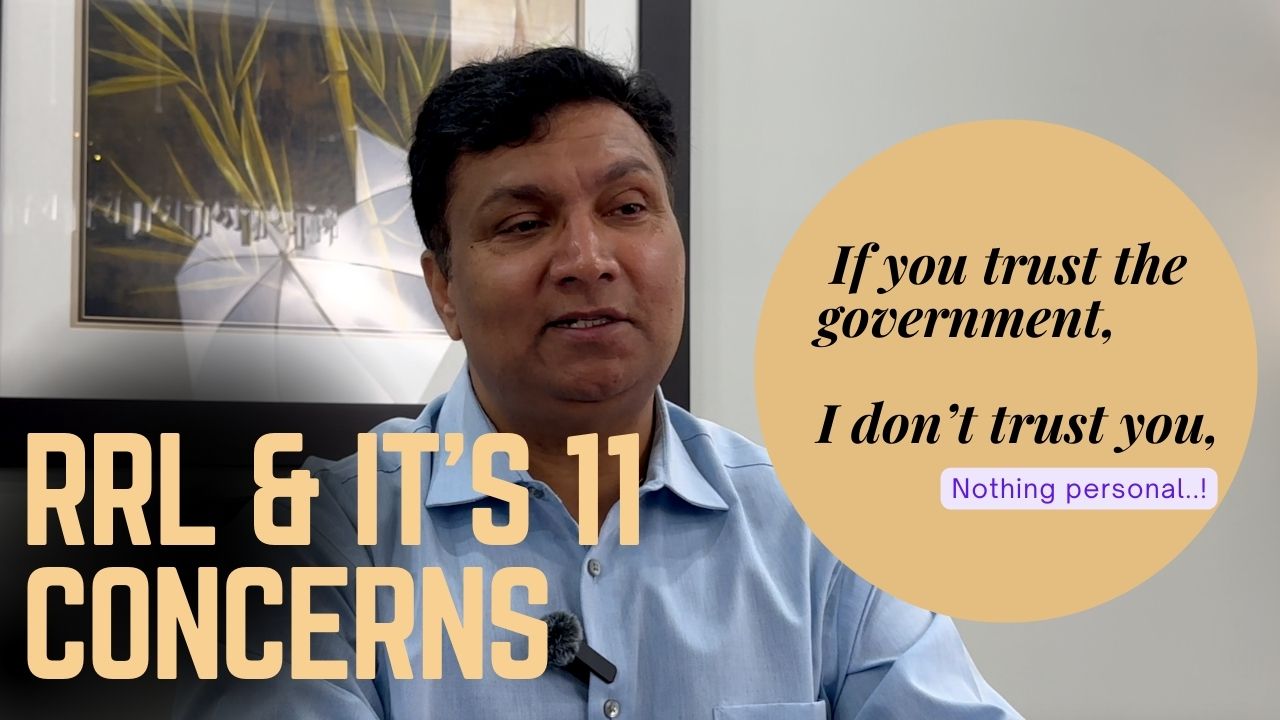The concerns raised about Brampton’s Rental License program are substantial and merit a closer look at the program’s effectiveness and potential unintended consequences. Here are some of the key points highlighted: Financial burden on landlords: The program requires landlords to incur additional costs for criminal checks and inspections, raising questions about fairness and privacy. Conflict with Residential Tenancies Act: The program’s requirements may conflict with the RTA, leading to uncertainties regarding landlord-tenant relationships and potential legal actions. Room sharing regulations: The program’s attempt to regulate the number of occupants may be viewed as discriminatory and restrict individuals’ freedom to share a bedroom. Impact on the rental market: Critics argue that the program could lead to a decrease in rental units, increased rents, and discourage new home buyers in Brampton. Enforcement challenges: The program’s enforcement mechanisms may be challenging to implement effectively, especially regarding illegal basements and overcrowding. Lack of property standard and maintenance by-law changes: The program does not appear to address existing property standards and maintenance by-laws, potentially limiting its effectiveness. Targeting legal dwellings instead of illegal units: Targeting legal basements may not effectively address the problem of illegal basements, potentially leaving the issue unresolved. These concerns raise questions about the city’s approach and the effectiveness of the Rental License program. Residents’ hesitance to support the program may stem from a lack of clarity, transparency, and communication from the city. Addressing these concerns and engaging with stakeholders to develop a more comprehensive and fair program could lead to better outcomes for all involved.

